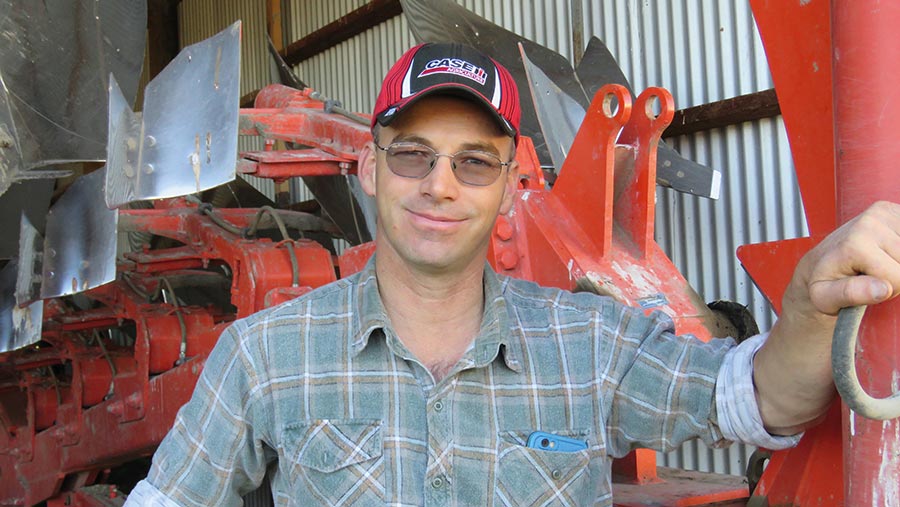Farmer Focus: Behind on herbicide sprays in wet NZ winter
 © Andrew Swallow
© Andrew Swallow We finished the autumn generally very dry across Canterbury, with underground aquifer levels low and causing concern. In truth, inland at Valetta in mid-Canterbury we were better placed than anyone – to the point that some of the harvest weather had been cantankerous.
I guess it is an ill wind that blows no good, and while the floods and continual wet weather have made for a tough winter, aquifer levels have rebounded to fully recharged levels, which bodes well for next summer.
The downside is that we have plugged around in mud all winter and we can’t turn a wheel – or, more accurately, wheels turn much too easily.
See also: Wet weather sparks slug warning for early OSR crops
We are now a long way behind with herbicide applications, to the extent that our spray programme will need some modification. We have had green feed crops grazed off for three weeks and haven’t been near them yet in order to get mid-winter wheats planted.
Livestock are doing well, but only because we are stoking them with feed.
The ewes are a month from lambing and our finishing lambs are showing good growth rates, with average liveweights sitting around 38-40kg. Our target of 50-51kg in mid-October is well on track.
The only risk to the plan is that we look to be coming off green feed crops 7-10 days earlier than I would like, and we could overwhelm the young grass-seed crops if they haven’t got a good head start.
We get explosive grass growth in these crops during September and October, which allows us to achieve in excess of 300g liveweight a day as we hopefully match the finishing of the lambs with the closing dates of the grass-seed crops.
I always find the transition from green feed to grass-seed a nervous time, as the outcomes are finely balanced and very important to both the return from the lambs and the yield potential of the seed crops.
With potential for heavy snow in the forecast for this weekend, it looks like winter is far from over, and the tractors will stay in the shed for another week while we tend to livestock.

